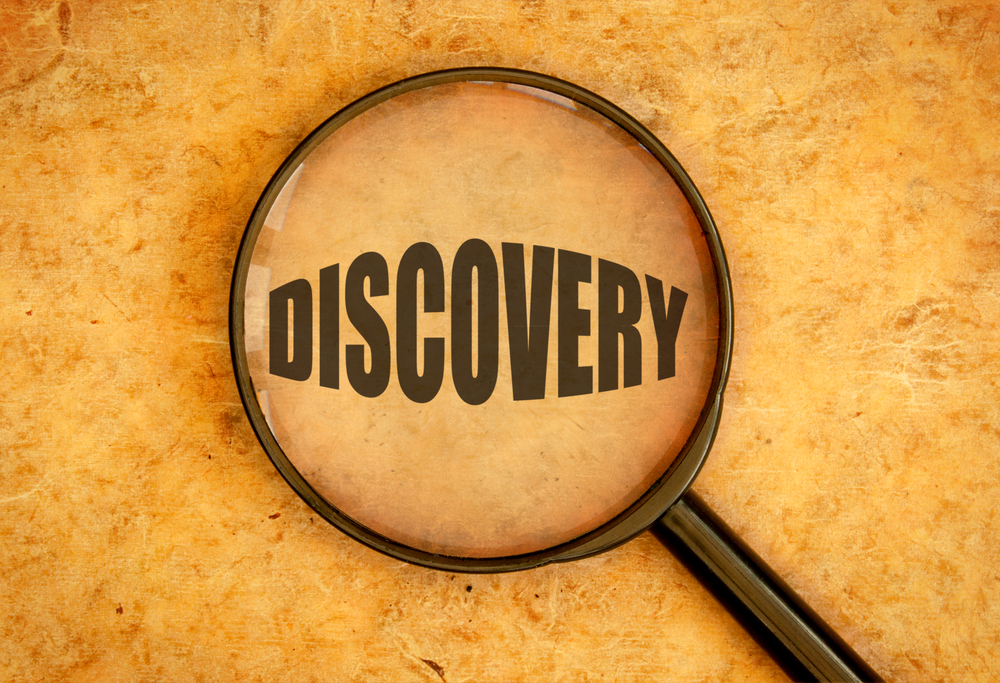When a person suffers harm due to another party’s negligence or misconduct, legal recourse is available through personal injury lawsuits. While many are familiar with the courtroom dramas seen on television, the reality is far more complex, and a series of procedural steps has to be taken before a personal injury case reaches trial. One such crucial phase is the discovery process. Qualified personal injury attorneys in San Antonio, TX can guide you through this process and make it work for you.
What Is the Discovery Process in a Personal Injury Lawsuit?
In the discovery process, both sides gather and exchange information: the plaintiff (the injured party) and the defendant (the party alleged to have caused the harm). The process exists to ensure that everyone has a thorough understanding of the facts, evidence, and witnesses involved, which paves the way for an organized and fair trial.
Some Types of Discovery Tools
Depositions
Depositions involve a witness providing oral testimony under oath before a trial begins. These sessions are typically held in an attorney’s office, with a court reporter present to transcribe the proceedings. The opposing attorney can cross-examine the witness, as well. Depositions are often a valuable tool for understanding the other side’s strategies and evidence.
Interrogatories
These are sets of written questions posed by one party to the other. The answers are given under oath and can be used as evidence during the trial. Interrogatories allow both parties to obtain clear, specific, and documented information about various aspects of a case.
Requirements for Production
This tool demands that each party provide certain documents, records, or other tangible pieces of evidence to the opposing side upon request. The Texas Rules of Civil Procedure impose a duty to disclose certain materials and information, described in Rule 194.2, 3, and 4, with limited exceptions and exemptions.
Requests for Admissions
Here, one party asks the other to admit or deny specific facts related to the case. The purpose is to clarify which elements are in dispute and which are not, thus narrowing down the focus of the trial. If everyone involved agrees on certain facts, they can be simply assumed and don’t have to be proven or contested, simplifying matters considerably in some cases. These requests have to be made at least 30 days before the discovery period is over, and in writing.
Timeline for Discovery
From the moment a lawsuit is filed, both parties have specific deadlines to initiate and complete each discovery tool. Missing these deadlines can have repercussions, such as sanctions or even the dismissal of a claim. In Texas, the Texas Rules of Civil Procedure dictate these timelines. For instance, after receiving written discovery requests, a party generally has 30 days to respond. Extensions can be granted, but they need mutual agreement or court approval. An experienced personal injury lawyer will know exactly what the deadlines are and will ensure you don’t miss any.
The discovery phase might seem extensive, but it’s pivotal in leveling the playing field. When there is transparency between the parties involved, surprises during the trial are minimized, which ensures a fairer outcome for everyone.
Objections and Privileges in Discovery
Discovery looks to establish transparency, but not all information is just up for grabs. Parties can object to certain requests if they deem them irrelevant, overly broad, or burdensome. Moreover, some information always remains privileged, such as attorney-client communications or medical records that are deemed irrelevant to the injuries you suffered in the accident.
If a party objects to a discovery request, they must specify the reason for their objection. It then falls upon the requesting party to either revise their request or motion the court to overrule the objection.
Challenges
At times, disputes will arise about the relevancy or scope of information being requested in discovery. Such disagreements might even necessitate a court intervention, and a judge will then make the final call on what information should be disclosed.
The job of your personal injury attorneys is to remain vigilant throughout this process and ensure that your rights and interests are protected. It’s not unheard of for insurance companies to employ some underhanded tactics to get hold of information they’re not actually entitled to, usually in an effort to find something that will discredit a claim or lessen the liability of the responsible party they provide coverage for.
Evidence You’ll Generally Need in Discovery
Given the individual nature of these cases, only your personal injury attorneys can tell you precisely what you’ll need for your case. However, generally speaking, the following information is usually needed:
Medical Records and Reports
One of the primary sources of evidence in personal injury claims is medical documentation. This can encompass everything from ambulance and hospital bills to doctor’s notes and pharmacy receipts. All this will be used to show the extent of the injury and the associated costs you’ve had to shoulder.
Witness Testimonies
Beyond the directly involved parties, witnesses can play a crucial role in shaping the narrative of a personal injury case. It could be an eyewitness to an accident or a medical professional testifying about the severity of injuries or evidence of malpractice, but these testimonies can significantly influence the outcome of a trial.
Financial Records
If you are claiming loss of wages due to an injury, then you’ll need plenty of financial documents to prove this. These documents could include pay stubs, bank statements, tax returns, and more. These kinds of documents offer a tangible metric for calculating the economic impact an injury has imposed.
Benefits of a Comprehensive Discovery
A well-executed discovery process is a good thing for your case. By laying out all the facts and evidence, this process allows your lawyers to carefully and accurately assess the strength and weaknesses of your case, and this assessment often drives the settlement discussions. When both parties have a clear picture of where they stand, they can negotiate most effectively and quickly, possibly leading to an early resolution for you. Moreover, understanding the extent of evidence the opposing party holds can guide decisions on whether to pursue a trial at all or lean towards a settlement. This can save time and resources, particularly in cases where the evidence strongly leans one way.
Secondly, a thorough discovery minimizes the chance of any unforeseen revelations popping up during a trial. When both sides are well-informed, the trial process is streamlined and focuses solely on the contested issues rather than getting bogged down with unexpected disputes. TV courtroom dramas love a last-minute “gotcha” moment, but that isn’t something anyone wants happening in real life.
Lastly, a detailed discovery phase allows for better preparation. Your attorneys will have to do many things, from cross-examining witnesses to challenging pieces of evidence, so having a comprehensive understanding of what’s on the table ensures they can advocate most effectively on your behalf.
Contact Personal Injury Attorneys in San Antonio for Help Now
The discovery process is a cornerstone in a strong case, and at Joe A. Gamez Law Firm, we have years of experience in streamlining this process to get our clients the best outcomes as quickly as possible. If you or a loved one has been injured and needs seasoned legal representation in San Antonio, reach out to Joe A. Gamez Law Firm right away.



